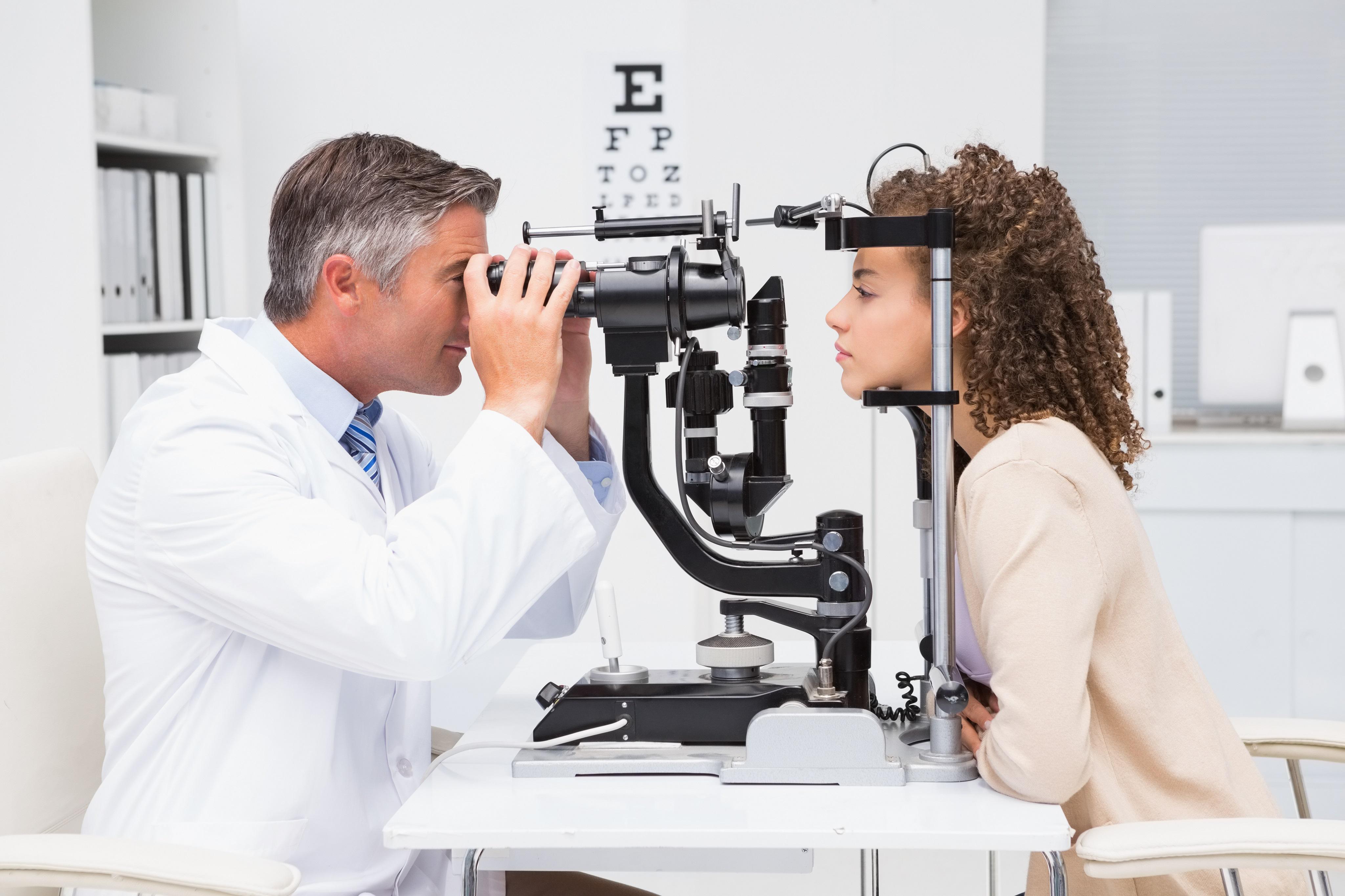Andalusia Optometrist: Devoted Vision Care for Every Patient
Andalusia Optometrist: Devoted Vision Care for Every Patient
Blog Article
Examining the Most Current Innovations in Retina Treatments for Various Eye Problems

Innovations in Macular Degeneration Therapies
Macular degeneration, a leading cause of vision loss in older adults, has seen significant progression in therapy alternatives. One groundbreaking improvement is the growth of anti-VEGF (vascular endothelial development variable) shots, which have changed the monitoring of damp age-related macular deterioration.
In addition, the introduction of implantable miniature telescopes for end-stage macular deterioration has provided brand-new opportunities for boosting vision and lifestyle in select individuals. These telescopic implants can enhance aesthetic acuity and increase the visual area, allowing people with innovative macular degeneration to do daily tasks with higher simplicity. cardiologist andalusia. Overall, these innovations represent significant strides in the therapy of macular deterioration, offering hope and boosted outcomes for patients encountering this difficult problem
Innovations in Diabetic Retinopathy Therapies
Remarkable advancements in the treatment of diabetic person retinopathy have recently arised, supplying appealing leads for enhancing person results and vision wellness. Diabetic retinopathy is a significant difficulty of diabetes and a leading cause of blindness among working-age adults. Among the breakthrough treatments consists of anti-vascular endothelial growth element (anti-VEGF) injections, which have actually revealed considerable success in managing diabetic person macular edema and proliferative diabetic person retinopathy. These injections function by reducing abnormal blood vessel development and leak in the retina, consequently protecting vision.
In addition, laser treatments such as focal/grid laser and pan-retinal photocoagulation have been reliable in dealing with proliferative diabetic retinopathy by targeting certain locations of the retina to reduce uncommon capillary development or seal leaking blood vessels. eye center andalusia. Novel surgical techniques like vitrectomy have additionally progressed, making it possible for specialists to eliminate blood or scar cells from the eye's vitreous gel much more exactly
Innovations in Retinal Detachment Monitoring
With improvements in surgical strategies and modern technology, handling retinal detachment has seen substantial improvements recently. One notable development is using small-gauge vitrectomy systems, which enable minimally intrusive treatments, causing faster recuperation times and far better outcomes for people. These systems utilize smaller sized instruments, leading to reduced trauma to the eye and enabling specialists to execute fragile maneuvers with better precision.
Furthermore, the More about the author development of advanced imaging technologies such as optical comprehensibility tomography (OCT) has revolutionized the medical diagnosis and surveillance of retinal detachment. OCT offers high-resolution cross-sectional pictures of the retina, allowing ophthalmologists to envision the extent of detachment and plan treatment better.
Additionally, using perfluorocarbon fluids during surgery has actually improved medical success prices by assisting in the reattachment of the retina. These fluids assist squash the retina and displace subretinal fluid, aiding in the positioning of the separated retina back into location.
Progress in Retinitis Pigmentosa Solutions
Considerable innovations in research and treatment techniques are driving development in attending to Retinitis Pigmentosa, a hereditary eye disorder that affects the retina's ability to reply to light. Retinitis Pigmentosa (RP) brings about a steady decline in vision, typically resulting in one-track mind and also loss of sight. However, recent growths in the field offer intend to individuals impacted by this condition. neurologist andalusia.

Additionally, stem cell therapy reveals assurance in replacing damaged retinal cells with healthy and balanced ones, possibly restoring vision in individuals with RP. Scientific tests are underway to analyze the safety and effectiveness of this ingenious strategy.
Evolving Treatments for Retinal Vascular Illness
Structure upon the developments in resolving Retinitis Pigmentosa, researchers are now checking out progressing therapies for retinal vascular diseases, aiming to additionally boost vision care and outcomes in individuals with different retinal problems. Retinal vascular illness, such as diabetic person retinopathy and retinal vein occlusion, are characterized by problems in the capillary that supply the retina, resulting in vision disability or perhaps vision loss if left without treatment. Current therapies for retinal vascular conditions consist of anti-VEGF injections, laser treatment, and corticosteroids to manage the underlying vascular adjustments and lower the threat of complications.
Current developments in the area of retinal vascular disease therapies focus on novel drug distribution systems, genetics therapies, and stem cell-based strategies to target the certain pathophysiology of these problems. Stem cell research study holds guarantee for restoring damaged retinal cells and bring back visual feature in clients with vascular retinal disorders.
Verdict
Finally, the field of retina treatments has seen significant advancements in the last few years throughout various eye problems such as macular degeneration, diabetic retinopathy, retinal detachment, retinitis pigmentosa, and retinal vascular diseases. These breakthroughs use expect boosted outcomes and quality of life for individuals dealing with these problems. Proceeded research and advancement in this field are crucial for further progress in the therapy of retinal conditions.
From Macular Deterioration click to investigate to Diabetic Retinopathy, Retinal Detachment, Retinitis Pigmentosa, and Retinal Vascular Conditions, the latest innovations are reshaping the landscape of ocular healthcare.Structure upon the advancements in addressing Retinitis Pigmentosa, researchers are currently discovering advancing therapies for retinal vascular conditions, intending to additionally improve vision treatment and results in individuals with different retinal conditions. Retinal vascular illness, such as diabetic retinopathy and retinal vein occlusion, are defined by irregularities in the blood vessels that supply the retina, leading to vision disability or even vision loss if left unattended. Stem cell study holds promise for regenerating damaged retinal cells and bring back aesthetic feature in people with vascular retinal conditions.In final thought, the field of retina therapies has actually seen considerable improvements in recent years throughout different eye conditions such as macular deterioration, diabetic person Web Site retinopathy, retinal detachment, retinitis pigmentosa, and retinal vascular diseases.
Report this page